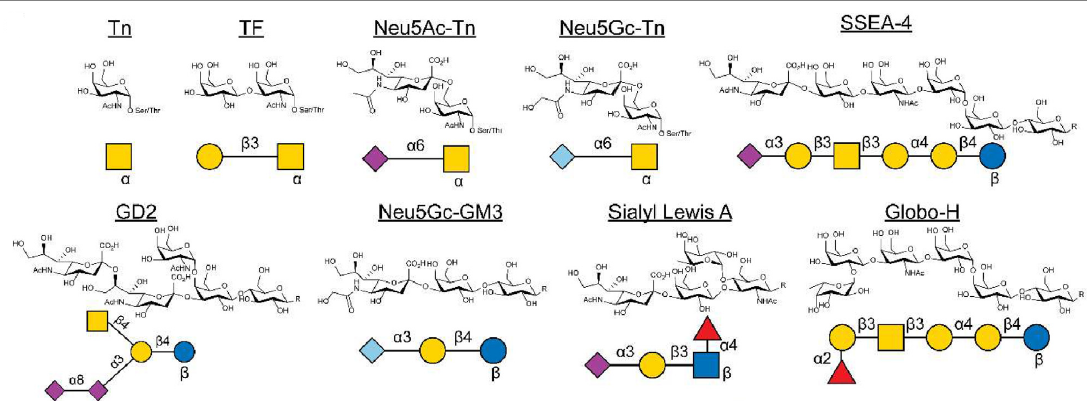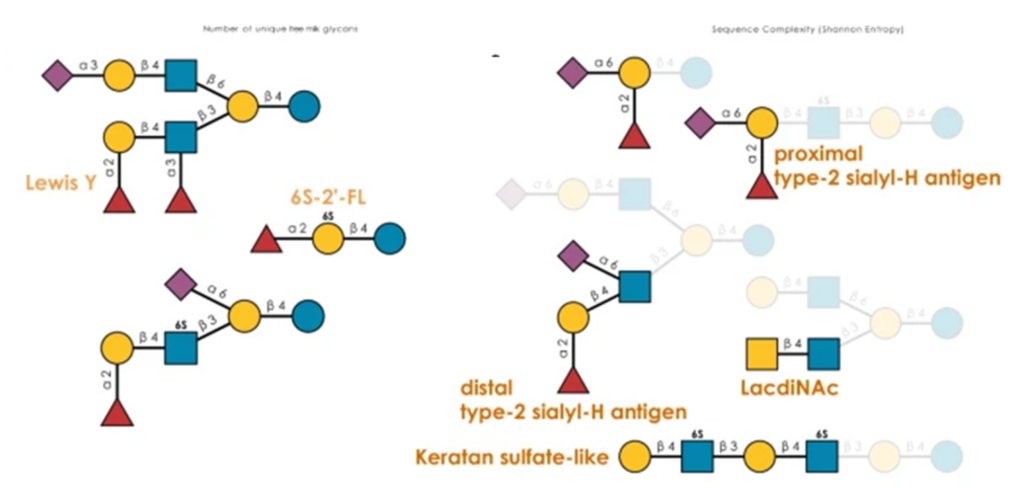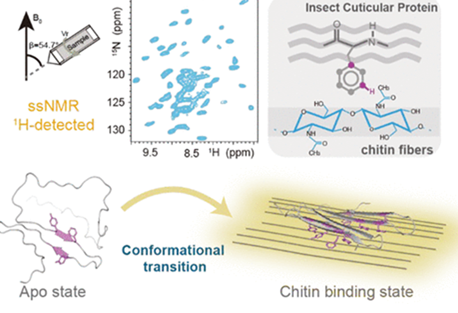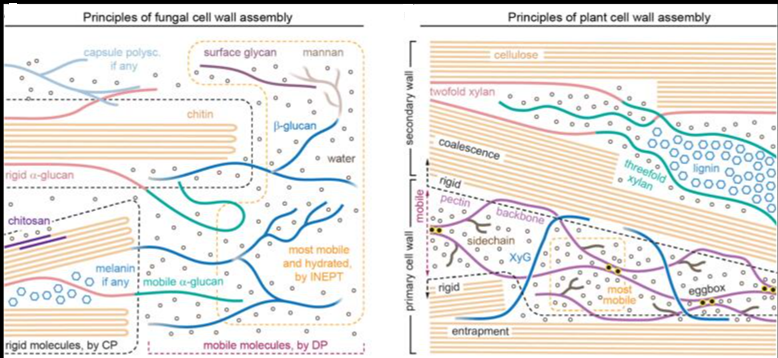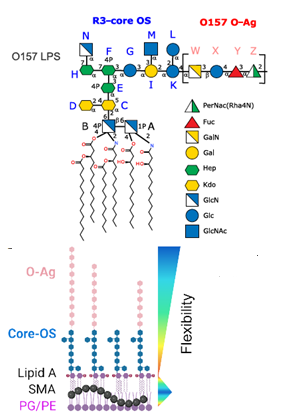Anti-glycan monoclonal antibodies have essential applications in human health and basic research. Therapeutic antibodies that recognize cancer- or pathogen-associated glycans have been investigated in numerous clinical trials, resulting in two FDA-approved biopharmaceuticals. Anti-glycan antibodies are also utilized to diagnose, prognosticate, and monitor disease progression, as well as to study the biological roles and expression of glycans.
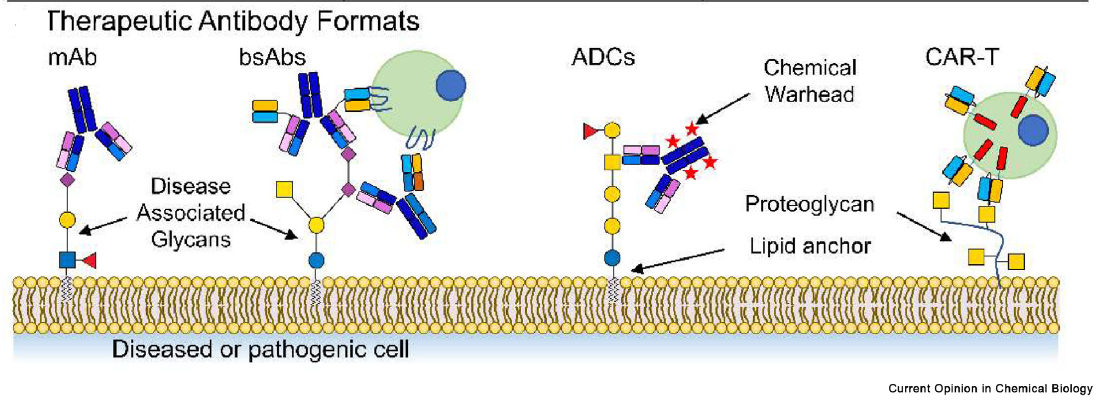
High-quality anti-glycan mAbs are still in limited supply, highlighting the need for new technologies for anti-glycan antibody discovery. This review discusses anti-glycan monoclonal antibodies with applications to basic research, diagnostics, and therapeutics, focusing on recent advances in mAbs targeting cancer- and infectious disease-associated glycans.
